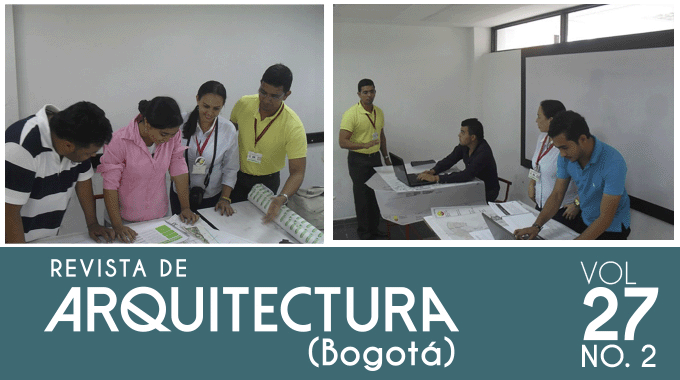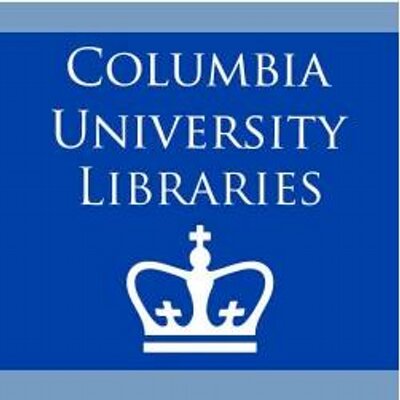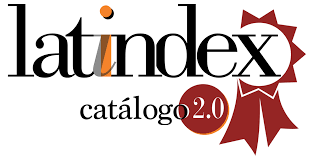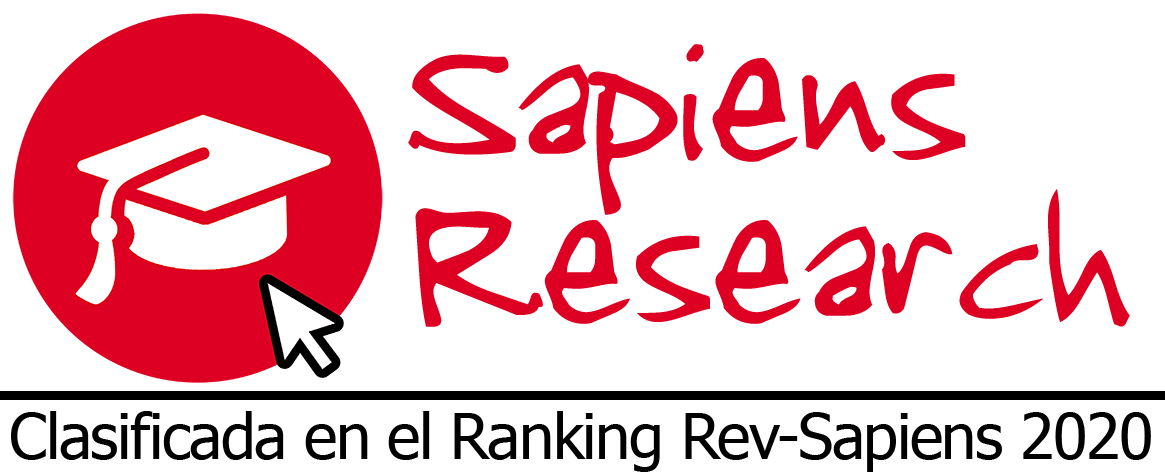

Este trabalho está licenciado sob uma licença Creative Commons Attribution-NonCommercial 4.0 International License.
A Revista de Arquitectura está catalogada como uma publicação de acesso aberto. Mais informações >>>
Os autores conservarão os direitos autorais e garantirão à Revista de Arquitectura o direito de primeira publicação da obra, o qual estará simultaneamente sujeito à licença Creative Commons (Atribuição-NãoComercial 4.0 Internacional CC BY-NC).
Os autores assinarão uma licença não exclusiva de distribuição da versão da obra publicada mediante a assinatura do documento RevArq FP03 Autorização para reprodução de artigo.
O autoarquivamento estará de acordo com os critérios expressos pelo SHERPA/RoMEO e pela classificação verde.
Para ver esses lineamentos, por favor, consultar >>>
Resumo
Este artículo presenta resultados parciales de un proyecto de investigación en curso, cuyo objetivo es sugerir una estrategia metodológica para la ejecución parcial en la práctica educativa de una herramienta didáctica que mida la sostenibilidad en proyectos arquitectónicos. Surge a partir de la interrogante: ¿De qué manera se puede desarrollar, en el quehacer educativo, una herramienta didáctica que potencie los resultados del proceso de enseñanza-aprendizaje en el campo del diseño? Para ello, se adoptó un enfoque cualitativo mediante Investigación Acción Participativa (IAP), mediante el desarrollo de fases que incluyeron un diagnóstico previo, interacción directa con la comunidad educativa, construcción de un marco teórico, categorización de la información y el diseño de un plan de acción. Los resultados parciales evidencian que la estrategia implementada, fundamentada en el uso de fichas para valorar las dimensiones económica, social, ambiental, tecnológica y administrativa, permite registrar de forma objetiva la sostenibilidad en los proyectos arquitectónicos. Además, se observó un fortalecimiento de competencias interpretativas, argumentativas y colaborativas en los estudiantes, junto con una mejora en la interacción entre docentes y alumnos. La implementación parcial de esta herramienta didáctica se posiciona como un recurso innovador y eficaz para transformar los paradigmas tradicionales de enseñanza, promoviendo un aprendizaje significativo, autónomo y colaborativo. Estos hallazgos subrayan la importancia de integrar evaluaciones sistemáticas que permitan valorar de manera precisa la sostenibilidad en proyectos arquitectónicos y sentar las bases para futuras mejoras en la práctica educativa.

Referências
Crispín, M., Doria, M., Rivera, A., Garza, M., Carrillo, S., Guerrero, L., T Athié, M. (2011). Aprendizaje autónomo. Orientaciones para la docencia [Edición electrónica]. http://biblioteca.clacso.edu.ar/Mexico/dcsyp-uia/20170517031227/pdf_671.pdf
Gómez, C. (2017). Objetivos de desarrollo sostenible (ODS): Una revisión crítica. Papeles de Relaciones Ecosociales y Cambio Global, 140, 107-118. https://www.fuhem.es/media/cdv/file/biblioteca/revista_papeles/140/ODS-revision-critica-C.Gomez.pdf
Organización de las Naciones Unidas. (2015). La agenda para el desarrollo sostenible. https://www.un.org/sustainabledevelopment/es/development-agenda/
Orozco, G., & Acosta-Villareal, S. (2016). Incidencia de la estrategia ECA y las TIC en el desarrollo de destrezas del pensamiento en estudiantes de secundaria. Escenarios, 14(1), 102-116. https://doi.org/10.15665/esc.v14i1.882
Paz, H. (2014). Aprendizaje autónomo y estilo cognitivo: Diseño didáctico, metodología y evaluación.Revista Educación en Ingeniería, 9(17). https://educacioneningenieria.org/index.php/edi/article/view/421/194
Roselli, N. (2016). El aprendizaje colaborativo: Bases teóricas y estrategias aplicables en la enseñanza universitaria. Propósitos y Representaciones, 4(1), 219-280. https://doi.org/10.20511/pyr2016.v4n1.90
Vargas, G. (2017). Recursos educativos didácticos en el proceso enseñanza-aprendizaje. Revista Cuadernos, 58(1), 68-74. http://www.scielo.org.bo/pdf/chc/v58n1/v58n1_a11.pdf
Villarini, J. A. (2003). Teoría y pedagogía del pensamiento crítico. Perspectivas Psicológicas, 3(4), 35-42. https://pepsic.bvsalud.org/pdf/pp/v3-4/v3-4a04.pdf?fbclid=IwAR1dhI4sZgQfoKQF_sGhw0tofEMUob5p-x3EMbsMVMgo69VAPaN9boZKJVY






























